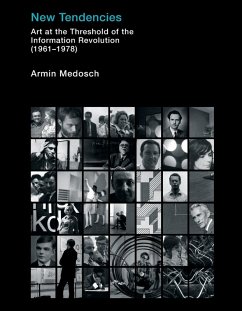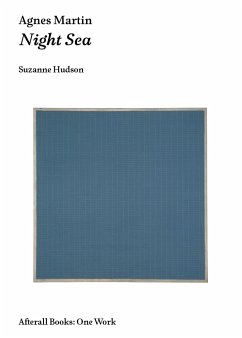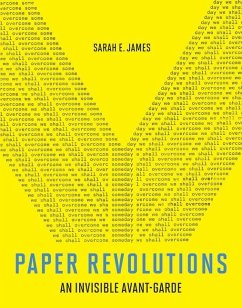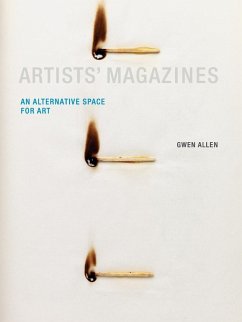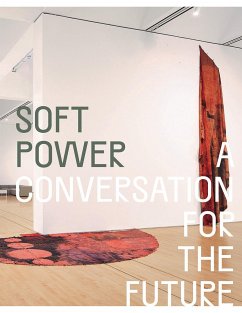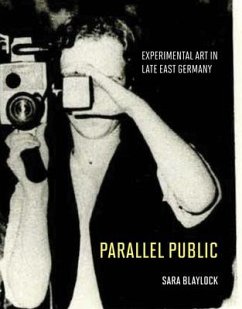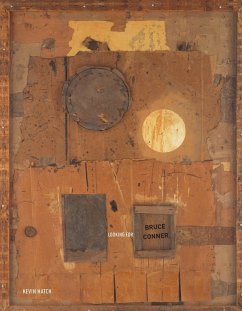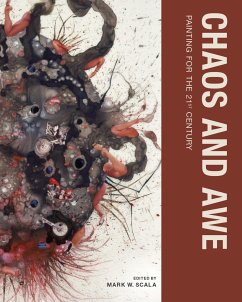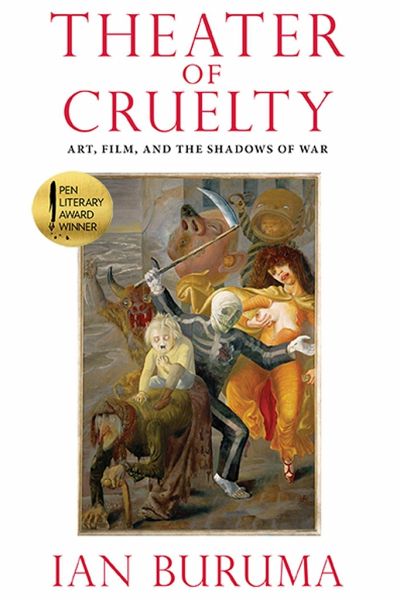
Theater of Cruelty
Art, Film, and the Shadows of War

PAYBACK Punkte
11 °P sammeln!
Winner of the PEN/Diamonstein-Spielvogel Award for the Art of the Essay.Ian Buruma is fascinated, he writes, by what makes the human species behave atrociously. In Theater of Cruelty the acclaimed author of The Wages of Guilt and Year Zero: A History of 1945 once again turns to World War II to explore that question to the Nazi occupation of Paris, the Allied bombing of German cities, the international controversies over Anne Frank s diaries, Japan s militarist intellectuals and its kamikaze pilots.One way that people respond to power and cruelty, Buruma argues, is through art, and the art that...
Winner of the PEN/Diamonstein-Spielvogel Award for the Art of the Essay.
Ian Buruma is fascinated, he writes, by what makes the human species behave atrociously. In Theater of Cruelty the acclaimed author of The Wages of Guilt and Year Zero: A History of 1945 once again turns to World War II to explore that question to the Nazi occupation of Paris, the Allied bombing of German cities, the international controversies over Anne Frank s diaries, Japan s militarist intellectuals and its kamikaze pilots.
One way that people respond to power and cruelty, Buruma argues, is through art, and the art that most interests him reveals the dark impulses beneath the veneer of civilized behavior. This is what draws him to German and Japanese artists such as Max Beckmann, George Grosz, Ernst Ludwig Kirchner, Mishima Yukio, and Yokoo Tadanori, as well as to filmmakers such as Werner Herzog, Rainer Werner Fassbinder, Kurosawa Kiyoshi, and Hans-Jürgen Syberberg. All were affected by fascism and its terrible consequences; all looked into the abyss and made art of what they saw.
Whether he is writing in this wide-ranging collection about war, artists, or film or about David Bowie s music, R. Crumb s drawings, the Palestinians of the West Bank, or Asian theme parks Ian Buruma brings sympathetic historical insight and shrewd aesthetic judgment to understanding the diverse ways that people deal with violence and cruelty in life and in art.
Theater of Cruelty includes eight pages of color and black & white images.
Ian Buruma is fascinated, he writes, by what makes the human species behave atrociously. In Theater of Cruelty the acclaimed author of The Wages of Guilt and Year Zero: A History of 1945 once again turns to World War II to explore that question to the Nazi occupation of Paris, the Allied bombing of German cities, the international controversies over Anne Frank s diaries, Japan s militarist intellectuals and its kamikaze pilots.
One way that people respond to power and cruelty, Buruma argues, is through art, and the art that most interests him reveals the dark impulses beneath the veneer of civilized behavior. This is what draws him to German and Japanese artists such as Max Beckmann, George Grosz, Ernst Ludwig Kirchner, Mishima Yukio, and Yokoo Tadanori, as well as to filmmakers such as Werner Herzog, Rainer Werner Fassbinder, Kurosawa Kiyoshi, and Hans-Jürgen Syberberg. All were affected by fascism and its terrible consequences; all looked into the abyss and made art of what they saw.
Whether he is writing in this wide-ranging collection about war, artists, or film or about David Bowie s music, R. Crumb s drawings, the Palestinians of the West Bank, or Asian theme parks Ian Buruma brings sympathetic historical insight and shrewd aesthetic judgment to understanding the diverse ways that people deal with violence and cruelty in life and in art.
Theater of Cruelty includes eight pages of color and black & white images.




